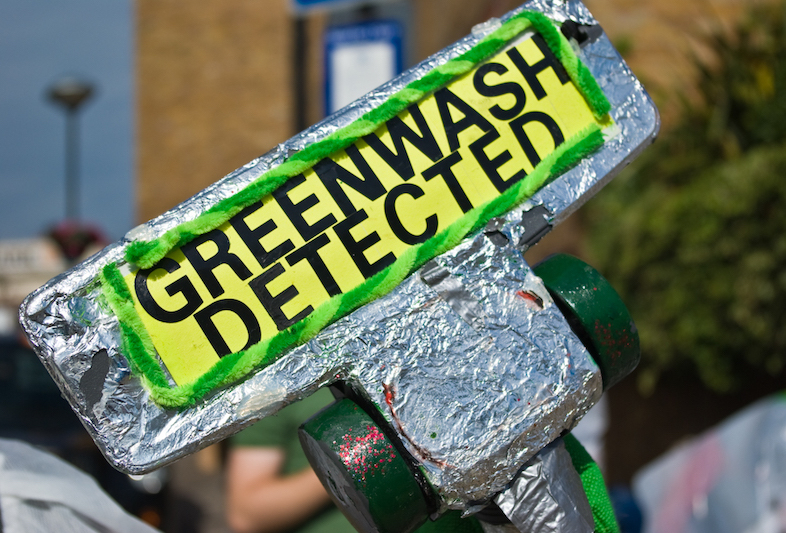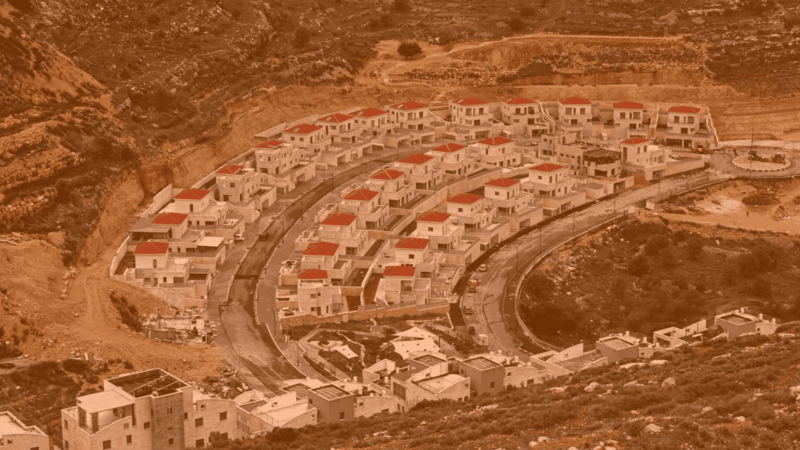We’ll begin with the good news about the European Commission (EC)’s Fit for 55 plan, because that part is short: it extends carbon pricing to new sectors, more importantly maritime transport, and it makes some of the emissions reduction targets of the European Green Deal ever-so-slightly less underwhelming.
Now, on to the bad news.
Expectations are always understandably low, but the EC’s remarkable capacity to disappoint knows no bounds. Not only are the measures of Fit for 55 simply not enough to limit average temperature rises to 2 degrees celsius – let alone the crucial 1.5 degree threshold – but the plan is designed to accomplish what the EU loves doing more than anything else: making common people pay for the sins of big corporations.
Case in point: a key change to the Emission Trading System (ETS), which means transport and housing emissions will now be included in the scheme. This means you’ll feel the financial weight of transition on your wallet when you get your heating bill or go to a gas pump, while big businesses in the agriculture and heavy industry sectors remain exempt from doing their bit. Once again, the burden of the transition will fall on those who bear the least responsibility for the climate crisis. The Fit for 55 plan fits the 1% the best.
While they pass the bucket of emission costs on to citizens, the EC makes sure that their friends in the fossil fuel industry continue to rake in big profits as their polluting operations continue to grow with the help of public money and unprecedented support from private banks, who have funnelled more than 2.7 trillion dollars into fossil fuels since the Paris Agreement. No plans for a hard fossil fuel phase out or detailed roadmaps for emission reductions by sector are to be found.
As to housing, while EC backs renovating buildings according to green standards, they are silent on perhaps the most important aspect: buying back vacant spaces and making them affordable and fit for use. It may sound radical, but we believe ending homelessness and making living spaces efficient and dignified is a better idea than taxing people already worrying about how to pay rent.
Unsurprisingly, the EC also has little to say or offer on inequality and jobs creation. Their goal is to generate 160.000 jobs in the infrastructure sector by 2030, which represents merely 6.5% of the bloc’s economically active population. To put that in context, Franklin D. Roosevelt’s New Deal created more than 20.000.000 jobs between 1933 and 1935 alone.
Solidarity with the Global South, where people are being hit the hardest by climate change, is another shortcoming. The Carbon Border Adjustment Mechanism (CBAM) will put a price on imports of steel, aluminum, cement, fertiliser and electricity, with the stated goal of preventing companies from ditching the EU for places with more favourable regulations. In reality, it’s a thinly veiled attempt by the EC to protect the bloc’s big industrial corporations, with no regard for the broader global implications of a climate crisis that is caused by Europe and other developed nations but wreaks havoc in vulnerable communities everywhere on Earth.
The EC had at least the decency of dropping the word new when they co-opted the term Green New Deal, erased all meaning from it and unveiled the European Green Deal in 2020. Indeed, new it is not. But nor is it green. As to the word deal, we can only understand it as a tribute to the backroom dealing between Brussels career politicians and well-paid lobbyists that brought this disastrous plan to life.
Fortunately, there’s still time to take us out of the crash course that the EC has set us in. That’s why the Green New Deal for Europe is DiEM25’s biggest and by far most urgent campaign.
Instead of the vague and loose allocation of 250 to 350 billion euros in a decade that the EC promises, we propose concrete investments amounting to 700 billions euros per year, funded by green bonds issued by the European Investment Bank (EIB), not by common people already struggling under austerity and the pandemic. This is more than doable – our survival and the next generations’ depends on it. That money will be used to address the climate crisis in a way that also moves us past the economic, social and democratic crises that we currently face. It will guarantee decent jobs, healthcare, housing and education for all, while taking into account intersectional, international and intergenerational justice.
Ours is a deal between humanity and nature, not between politicians and oligarchs.
Everywhere in Europe, your voice is needed more than ever. Learn more about the Green New Deal for Europe, organise by joining a DSC and help set the course of our campaign.
The future is up for grabs. Let’s seize it before it’s too late.
Photo (c) Mike Langridge
Do you want to be informed of DiEM25's actions? Sign up here















